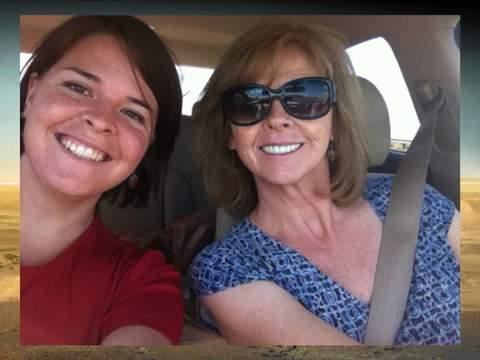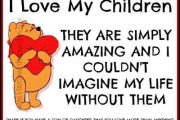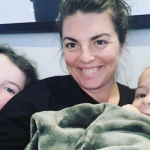Kayla Jean Mueller Confirmed Dead – What Will You Tell Your Kids About Injustice?

Kayla Jean Mueller Confirmed Dead – What Will You Tell Your Kids About Injustice?
American 26 year old aid worker Kayla Jean Mueller was taken hostage by the Syrian organisation Isis leaving a ‘Doctors Without Borders’ hospital near the Turkey-Syrian border. She has now been confirmed dead. When the world serves up sad news that ‘isn’t fair’ how do you talk to your kids about it?
Talking to your kids about injustice
Finding the balance between preserving your child’s innocence and helping her to become a thoughtful, aware adult is one of those tough parenting gigs that aren’t in the baby books. Often the lines are blurred about who is good and who is evil and your child’s comprehension may be stretched just understanding the basics, let alone the complexities. It’s important to consider your child’s age and whether they’re ready to broaden their world view. By mid to late primary school age, most children are aware of global politics but not yet able to understand. This is a good time to broach news items and discuss them.
Examine your parenting beliefs
These conversations aren’t for everyone. What is the goal of your discussion? Do you want to teach your child to be brave and good? Do you want to teach your child to think critically about a situation? Do you simply want to re-enforce the ethical values that your family holds dear. The conversations are tough – break it down and decide what you want the outcome to be before you start talking.
Let her lead
“Educating” and “telling” are two different things! Letting your child lead the conversation, draw her own conclusions and develop ideas about the topic is an excellent way to teach critical thinking. It’s also a great way to help her own her own ideas.
Focus on the feelings
This situation is tragic. An aid worker who aspired to leaving the world a better place by helping refugees in a war zone kidnapped and killed – is clearly very sad. The argument between freedom fighter verses terrorist can wait for another day. Helping your child to examine feelings related to injustice, including disgust, anger, being brave, being scared, being proud allows your children to understand the essence of the issue without facing the traumatic and complex events.
Bring it home
Demonstrate to her how she can be a just member of society, ways that she’s brave, times she was scared, times where “things weren’t fair” – help her understand the feelings at her own level. If she shows a passionate interest in the topic, help her find ways to help. Getting involved in charity work, reaching out to marginalised kids at school, reading more information about the topic are all ways that can make her feel empowered by bad news, rather than sad or scared. There are clips of children who have faced injustice discussing it here
Image source: Facebook









